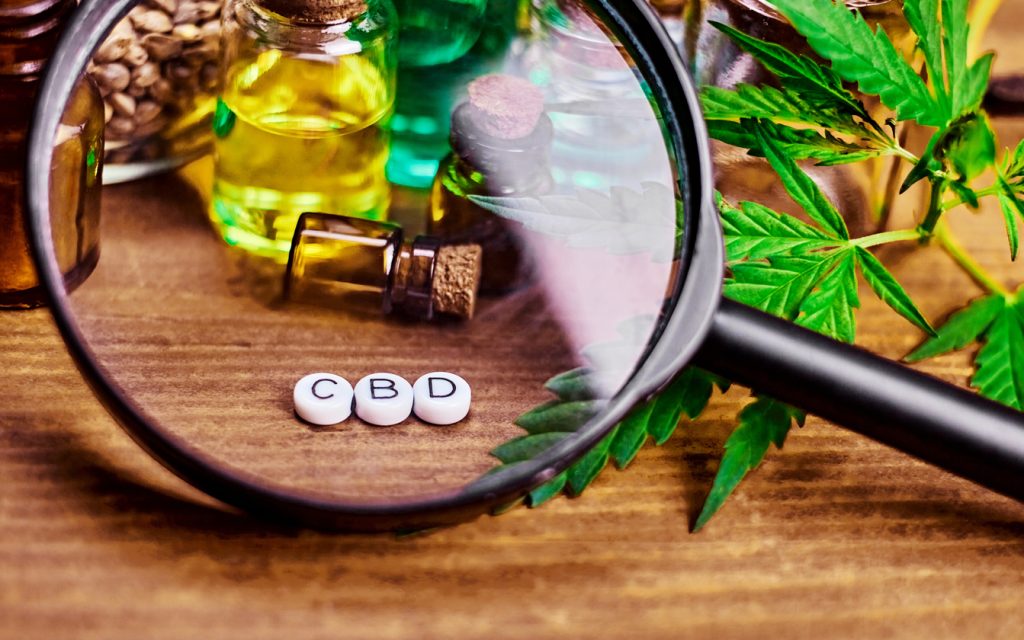How Long is CBD Detectable in Urine?
Cannabidiol (CBD) has experienced a surge in popularity over the past few years, thanks to its potential cosmetic and health benefits, all without the psychoactive effects associated with its cousin compound, THC. From its already confirmed efficacy in some types of epilepsy and the treatment of spasticity and neuropathic pain in multiple sclerosis, to its potential for reducing anxiety and pain, as well as improving sleep, the uses of CBD are currently being explored in various clinical studies. However, with its increased use comes a common question: ‘How long is CBD detectable in urine?’ This guide aims to provide a comprehensive overview, emphasizing the importance of analytical laboratory testing for precise results.
Understanding CBD
CBD is a compound found in cannabis plants. Unlike THC (tetrahydrocannabinol), CBD does not induce a psychoactive high but has been noted for its therapeutic properties. It is available in various application forms, including oils and emulsions for oral use, capsules and tablets, topicals and edibles. You can read about difference between oils and topicals in this blog.
Detection of CBD in Urin
The detectability of CBD in urine depends on several factors, including the frequency of use, the dosage, the body’s metabolism, and the type of CBD product used. Typically, CBD does not linger in the body for an extended period. Literature data suggests that CBD can be detectable in urine for up to 2-5 days after use for occasional users. For regular users, it might be detectable for a longer period due to its accumulation in the body.
The Role of Testing the CBD Products Quality
This is where the importance of analytical laboratory testing comes into play. Testing ensures the quality of CBD products, indicating the exact amount of CBD and THC present. Consumers looking for zero or minimal THC exposure should opt for products that have been rigorously tested in analytical laboratories. These tests can provide peace of mind by ensuring the product meets legal and safety standards, particularly in terms of THC content.
Analytical testing is not just about detecting THC; it’s about ensuring the product is safe, free from contaminants like pesticides and heavy metals, and consistent in its CBD concentration. These factors contribute to the efficacy and safety of CBD products.
Key Takeaways
Duration of Detectability: CBD is generally detectable in urine for 2-5 days for occasional users, but this can vary.
Importance of Chemical Testing: To ensure safety and legality, opt for CBD products tested in analytical laboratories.
Understanding Product Labels: Always check product labels for information on THC content and laboratory testing to avoid any unwanted surprises in drug tests.
Conclusion
The key to safe and effective CBD use lies in choosing products that have undergone strict analytical laboratory testing. This not only helps in avoiding potential legal issues but also ensures that you are consuming a quality product that is safe and meets the label claims. Always research your CBD products and opt for reputable brands that provide transparent information about their testing protocols and results.
At Pharmahemp we are rewarding our loyal customers with special offers and launches of new products. You can follow us on our social media and website for all updates. For any questions regarding the manufacturing process, quality control and final products, do not hesitate to contact us at [email protected].



